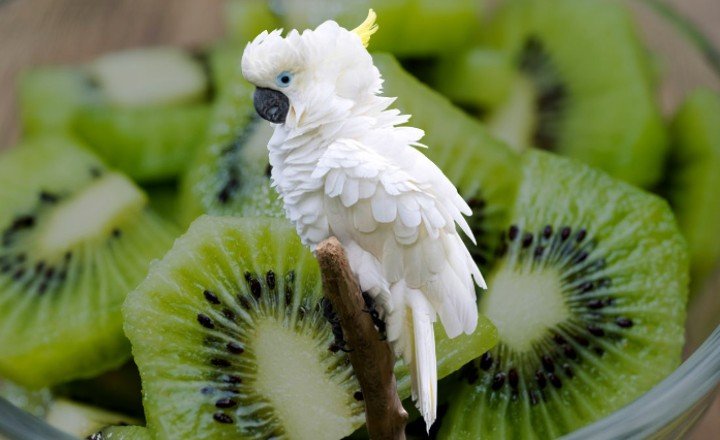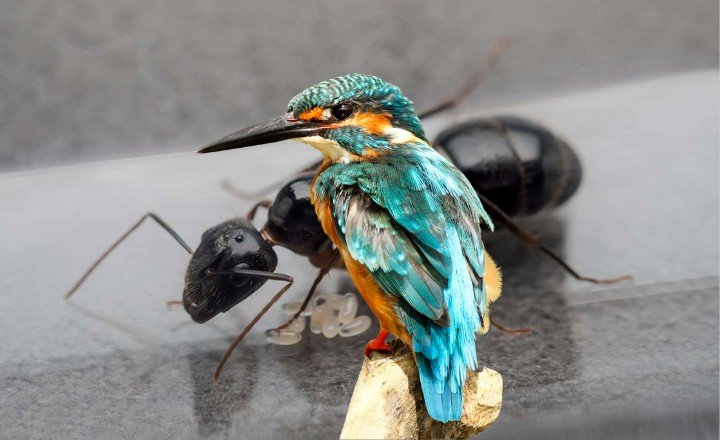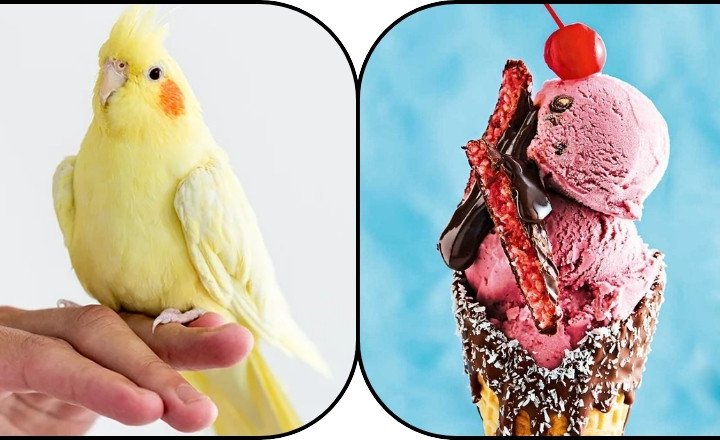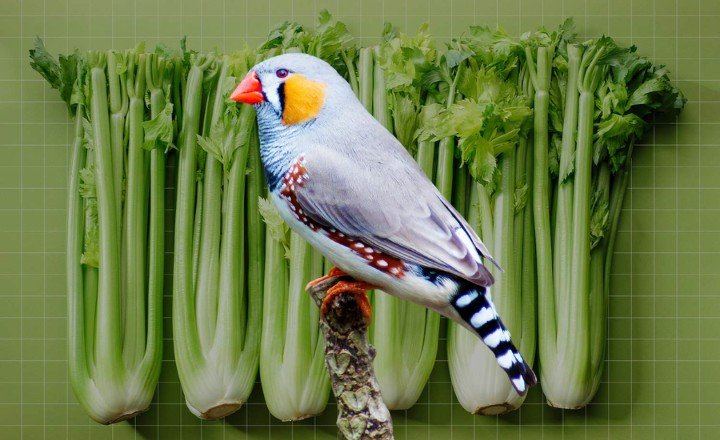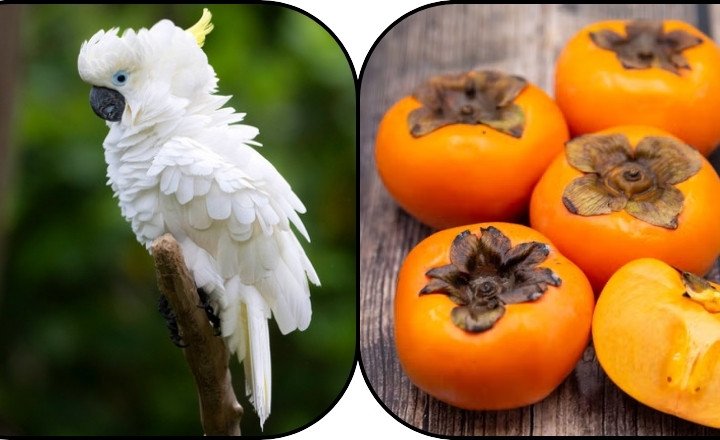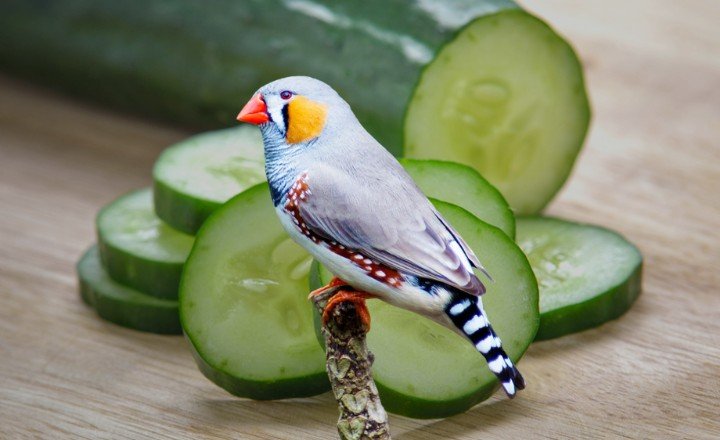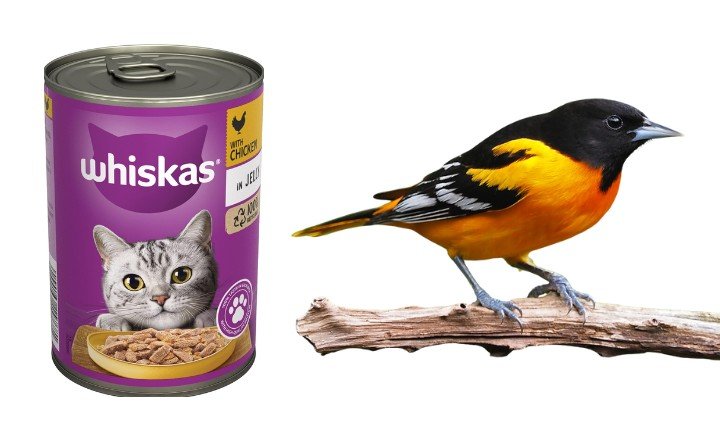Can Birds Eat Kiwi? Nutritious Food For the Birds
As a birdwatching enthusiast, you’ve likely marveled at the vibrant plumage and melodious calls of your feathered friends while pondering their diets. From sunflower seeds to berries, birds are known for their diverse eating habits, but have you ever wondered if they can indulge in something as exotic as kiwi? This small, fuzzy fruit is packed with nutrients and has a tangy sweetness that appeals to many palates human and avian alike. Before tossing a slice to your backyard visitors or offering it in your aviary, it’s essential to explore whether this tropical treat is safe for our winged companions.
In this article, we uncover not only whether can birds eat kiwi but also how this vibrant fruit might influence their health and well-being because even our chirpy companions deserve a taste of nature’s bounty!
What is the Kiwi?
The kiwi, often recognized for its fuzzy exterior and vibrant green flesh, is not only a delightful addition to fruit salads but also a powerhouse of nutrients. While many associate the kiwi with its tangy sweetness, few realize that this small fruit boasts an impressive array of vitamins, particularly vitamins C and E. These antioxidants play a crucial role in bolstering the immune system while contributing to skin health a fact that aligns perfectly with those looking for natural beauty remedies.
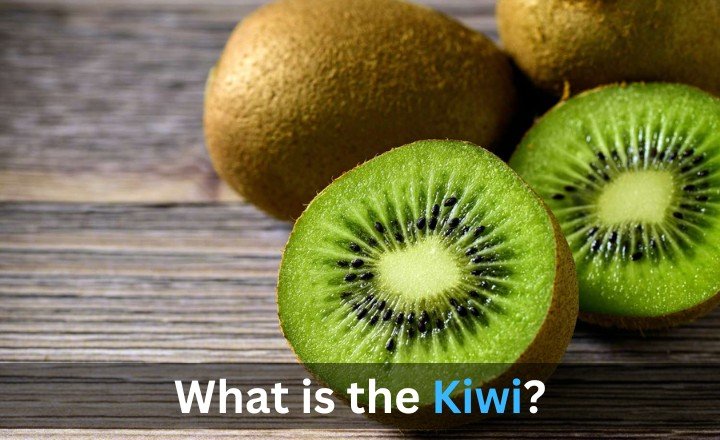
The kiwi’s unique flavor profile has made it an ideal companion for other fruits like persimmons. As these two fruits come into season around the same time in late autumn, their combination can create tantalizing culinary experiences. The rich sweetness of ripe Persimmons contrasts beautifully with the tartness of kiwis, resulting in vibrant salads or smoothies that are as visually appealing as they are delicious.
Can Birds Eat Kiwi?
Many bird enthusiasts often wonder whether the kiwi, with its vibrant color and unique taste, is a suitable addition to their feathered friends’ diet. The answer is a resounding yes birds can safely enjoy kiwi in moderation. This nutrient-rich fruit offers an array of vitamins such as C and E, crucial for maintaining avian health. It’s essential to prepare it correctly, removing the skin and cutting it into small pieces can prevent choking hazards.
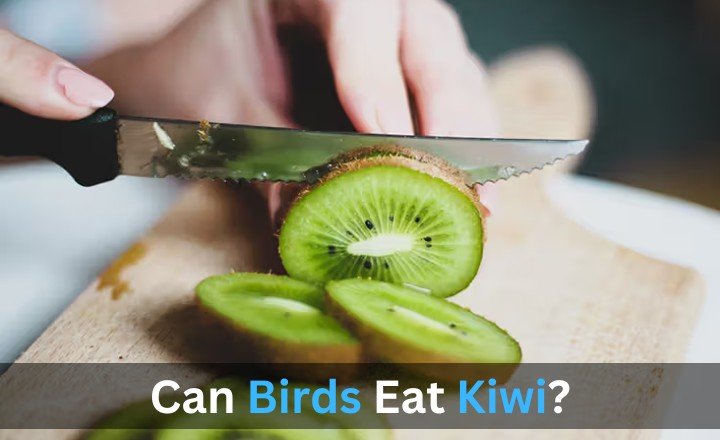
In addition to kiwis, consider incorporating other nutritious treats like Sesame Seeds and cabbage to create a varied diet that keeps your birds engaged and healthy. Sesame seeds provide an excellent source of Calcium and protein, while Cabbage adds fiber along with various vitamins. Mixing different foods not only stimulates your birds’ natural foraging instincts but also ensures they receive balanced nutrition essential for their vitality.
How Much Kiwi is Nutrious For the Birds?
When considering the nutrition of wild birds, species such as red birds and Black Birds benefit greatly from their diets, which often consist of seeds, fruits, insects, and nectar. Red Birds, like cardinals and Finches, are particularly drawn to sunflower seeds and berries. These food sources not only fuel their vibrant plumage but also provide essential vitamins that boost their immune systems. The carotenoids found in these foods enhance coloration, a crucial factor for attracting mates during the breeding season.
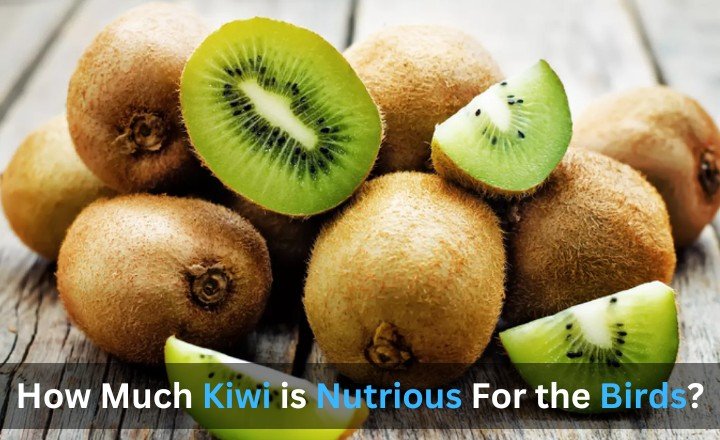
Black birds such as grackles and cowbirds thrive on high-protein diets rich in insects while also foraging on grains and fruits. This adaptability allows them to take advantage of various habitats. Interestingly, an urban environment can offer a surprising array of food sources that complement their natural diet such as discarded scraps which heightens their survival odds but may lead to nutritional imbalance if relied upon excessively.
Advantages of Kiwi For the Birds
Kiwis, with their unique flavor and nutrient profile, offer a variety of advantages that can benefit birds like Owls and Hawks. High in essential vitamins such as vitamins C and K, kiwis contribute to the overall health of avian populations by boosting their immune systems. For owls, which often hunt at night, this increased immunity is crucial as it helps them fend off illnesses that could impede their hunting prowess. The antioxidants found in kiwis can help protect these raptors from oxidative stress caused by environmental factors.
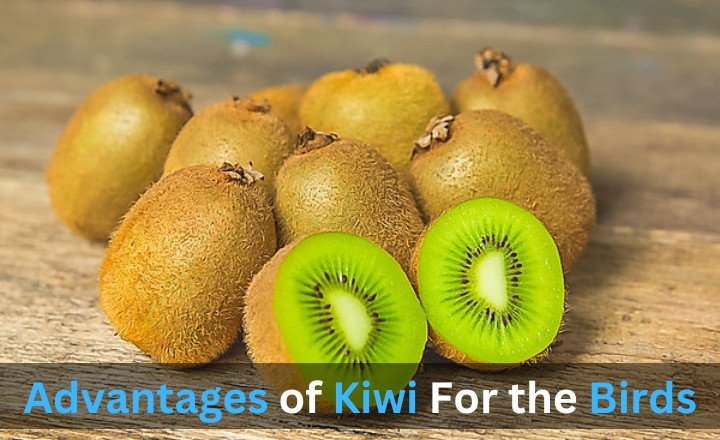
Beyond health benefits, kiwis also serve as a potential food source during breeding seasons when insect availability fluctuates. Hawks, being opportunistic hunters, can diversify their diets by incorporating fruits like kiwi when small mammals or birds are scarce. This adaptability not only enhances their survival rates but also supports local ecosystems by encouraging varied feeding habits.
Disadvantages of Kiwi For the Birds
While kiwis are often celebrated as a nutritious treat for many birds, they come with their own set of disadvantages that can impact avian health. One significant concern is the high sugar content found in ripe kiwis, which may lead to obesity or metabolic issues when consumed in excess. Birds that naturally thrive on a diet rich in seeds and insects may find themselves at risk if sweet fruits like kiwi dominate their meals. This imbalance could disrupt their digestive systems and overall nutrient absorption.
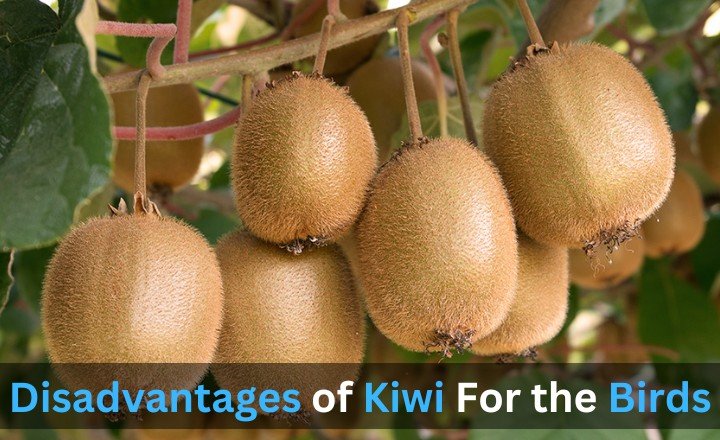
The acidic nature of kiwi can be problematic for certain bird species, particularly those with sensitive stomachs. Ingredients like potassium also pose a risk when combined with specific medications or dietary restrictions, such interactions could potentially endanger some birds rather than provide them with nutritional benefits.
Tips For the Bird Owners
When considering feeding kiwi to your birds, it’s essential to prepare the fruit correctly to maximize its nutritional benefits. Start by always selecting ripe kiwis, as they are higher in sweetness and easier for your feathered friends to digest. Slice the kiwi into small, manageable pieces instead of serving it whole, this not only prevents choking hazards but also makes it more accessible for smaller species. Remember to remove the skin since it can be tough and unappetizing for many birds.

Concluding Thoughts on ‘Can Birds Eat Kiwi’
Kiwi can be a nutritious and enjoyable treat for many bird species, offering essential vitamins and antioxidants that contribute to their overall health. Bird owners must introduce this fruit gradually and monitor their pets for any adverse reactions. Always ensure that the kiwi is properly prepared by removing the skin and seeds, as these can pose risks to some birds.
FAQs
Is Kiwi Fruit Safe For Birds?
Kiwi fruit can be a delightful treat for many birds, offering a unique blend of nutrients and flavors. Rich in vitamin C and dietary fiber, kiwis can help boost the immune system of our avian friends while also supporting digestive health.
Do Kiwi Birds Eat Seeds?
Kiwi birds are fascinating creatures with a distinct dietary preference shaped by their unique ecological niche. While many might assume that seeds form a staple part of their diet due to the abundance of plant life in New Zealand.
What Fruit is Best For Birds?
When it comes to choosing the best fruits for our avian friends, berries often take center stage. Blueberries, strawberries, and blackberries are particularly enticing as they offer a burst of flavor.

